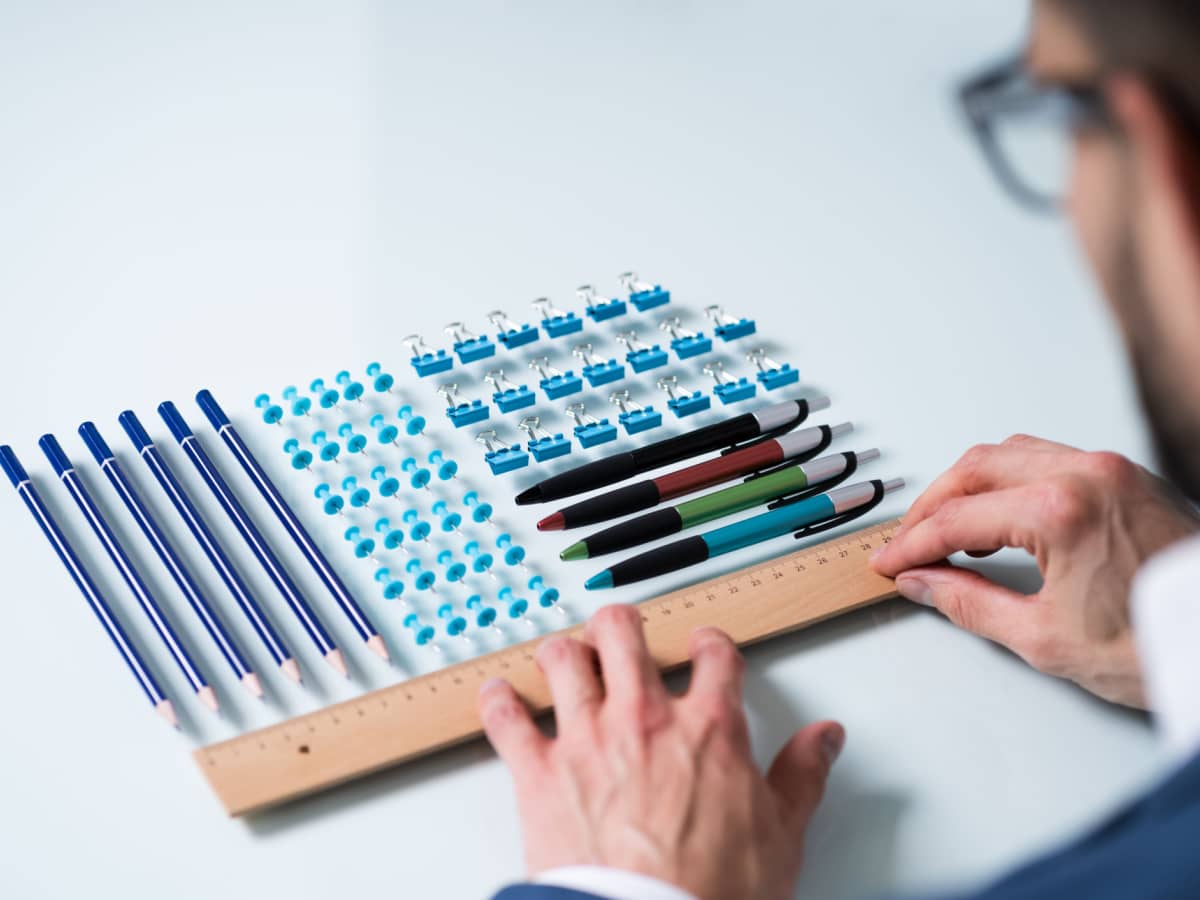Nancy Santopietro is an expert in feng shui (pronounced "phong shway"), the ancient Chinese practice of configuring one's environment to harmonize with nature.
One of the most influential factors governing your health today is the amount of clutter you have amassed in your home (especially the bedroom) and workplace. Even if at first the clutter doesn't seem to be causing a health problem, over time it tends to have a cumulative effect on the body. It becomes what I call an opportunist interior factor waiting for a particularly stressful time in your life to do its thing and zap a specific area of the body or organ that was rendered vulnerable.
The issue of clutter is very important. [In fact,] if you follow only one piece of advice, let it be this: Clean out your home, office, garage, basement, and attic, for you cannot make a stronger adjustment from which your whole life and overall health will benefit. The hallways, foyers, stairways and entranceways are the arteries and veins that run through your home: they carry the life force to all the different areas throughout your space. When these crucial avenues are blocked with clutter, it's analogous to having high amounts of cholesterol in your blood, and it's just as dangerous to your health.
Clutter has many characteristics, depending on where it accumulates in your home. The energetic dynamics of clutter are often related to issues that you hide away and don't want to deal with. Clutter creates creativity obstacles in our lives. It helps to slow us down, sabotage our dreams, and throw a monkey wrench in the workings of the "divine order." We humans love to use clutter to avoid dealing with our life and our feelings.
There are two easy ways to determine whether there are any underlying emotional or psychological issues attached to your clutter. First, try getting rid of it. If you make lots of excuses why you can't get to it, struggle with making the time, or can't peacefully make up your mind on what to keep, what to toss, and what to give away, it usually means that deeper emotional or psychological issues are at work. If even the thought of cleaning our your mess puts you on overload, and has you courting panic attacks, that should be a major clue that something's off.
Second, if you are able to muster up enough courage to finally take the plunge to start sifting through the rubble and really clean things up, only to find that days or weeks later the clutter has returned, this is another telltale sign that other issues are present. If this has happened to you, you'll be happy to know that you are in very good company. Because when other issues are attached to the "stuff," those unresolved issues will continue to create an energy field that will pull in visible chaos (clutter) until the issue is addressed or resolved.
Go ahead, I know you may be laughing, but I urge you to take the "clutter challenge." Go into your bathroom and look around (particularly in your medicine cabinet). You might be surprised at what you find. How many bottles of shampoo do you have? Old, expired medication? Lipstick colors that you will never wear again? We all have our personal clutter objects of choice, things we collect over time and eventually forget about. If the bathroom is not your issue, then try checking your refrigerator, kitchen cabinets, closets, junk drawers, and my old favorite, under the bed. Your healing assignment is to make yourself see the insanity in the behaviors you've come to identify as normal. Different types of clutter create different types of health problems. The form clutter takes, its predecessor's history, and where it is located in the house will all determine its impact on your health.
Basement. Keep in mind that energy, like smoke, rises. The foundation of your house, each floor above it, and the foundation of your health are affected by whatever is collected and stored in your basement.
Entryways/behind doors. Doors need to open as fully and as completely as possible. We tend to put things behind the door, either for lack of space or mindfulness. Shirts, robes, and jackets are all common offenders that eventually pile up and keep the door from opening fully. One or two shirts, a jacket, or a robe is okay as long as it doesn't compromise your ability to easily access the room or foyer.
Bedroom/under-bed clutter. This is the worst kind of clutter, especially in relation to your health, because we spend one-third of our life in the bedroom. Having clutter in your bedroom contributes to illness, but the reverse is also true: removing the clutter can significantly influence your getting better.
Collectibles versus clutter. Please keep in mind that it's really okay to treasure collectibles and have possessions. This isn't clutter! How we store our possessions, where we store them, and what they mean to us is how we can determine whether the energy they are emitting is supportive, oppressive, or acting as stagnant clutter.
The most important thing to remember is that you always need to honor and take conscious care of the things you acquire, and their energy will happily support you. Trust in your ability to care for yourself, trust in your relationship to God, and trust that you will be okay, especially during times of change, illness, and chaos. Although on a day-to-day basis, you might be facing very real problems or personal illness, try to hold the thought that on a spiritual level, all is well in your life.

